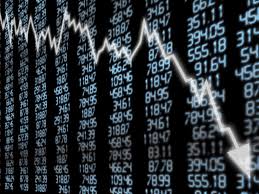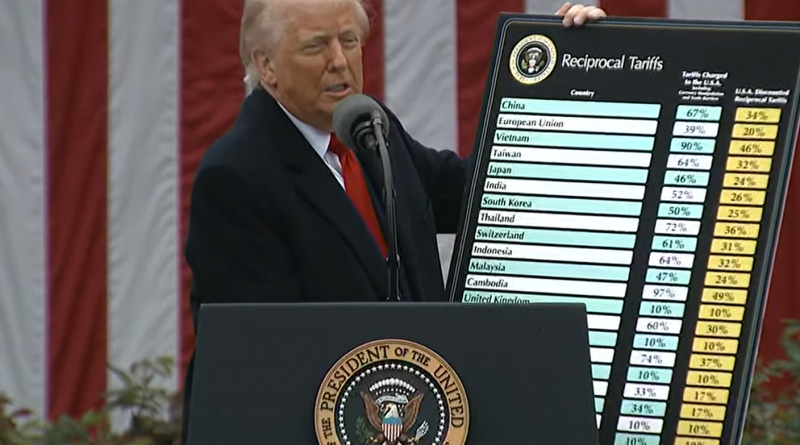US Announces Reciprocal Tariffs
Aaron Stanway
Editor
Trump Declares ‘Liberation Day,’ Announces Massive Reciprocal Tariffs on Over 180 Countries
On April 2, 2025, President Donald J. Trump announced a sweeping set of tariffs affecting imports from over 180 countries, calling the move the United States’ “Declaration of Economic Independence.” Speaking from the White House Rose Garden, Trump proclaimed April 2 as “Liberation Day,” marking what he termed “one of the most important days in American history.”
The newly introduced tariff structure includes a universal baseline tariff of 10% on all imports, with much higher rates for specific countries based on their trade relationships with the U.S. Notable examples include a 34% tariff on Chinese goods, 20% on European Union exports, 24% on Japanese products, and 46% on Vietnamese imports. These tariffs are set to take effect on April 5, 2025.
How Tariffs Were Calculated: Trade Deficit as the Benchmark
According to administration officials, the tariff rates were determined using a “reciprocal tariff model” that weighs each country’s goods trade surplus with the United States. Countries with larger surpluses—meaning the U.S. imports more from them than it exports—received higher tariff rates. For example, the U.S. had a $295 billion goods trade deficit with China in 2024, leading to one of the steepest tariff hikes.
Each country’s tariff rate was reportedly scaled relative to its share of the U.S. trade deficit. Trump framed the move as a correction of “decades of lopsided trade practices” that he says have drained American industry and jobs. “The more you take from us without giving back, the more you’ll pay,” Trump said during the announcement.
Critics argue the model oversimplifies complex economic relationships and ignores the role of services trade, capital flows, and global supply chains. Still, Trump maintains the approach is fair and long overdue.
Reactions and Fallout

The announcement has sparked strong reactions at home and abroad. Economists, including former Treasury Secretary Larry Summers, warned the policy could cost the global economy trillions. Paul Krugman labeled it “economically suicidal.” Internationally, nations like China and Germany are already preparing retaliatory tariffs, while U.S. trading partners express outrage at the blanket nature of the policy.
Markets reacted negatively, with major indexes plunging and multinational companies experiencing steep declines. Despite this, Trump remains firm, declaring that countries can negotiate reductions by “dropping their own barriers first.”
As the April 5 implementation date nears, the world watches closely, bracing for potentially severe disruptions in global trade and a new era of American protectionism.
Contact Aaron at Stanwaaa@shu.edu

